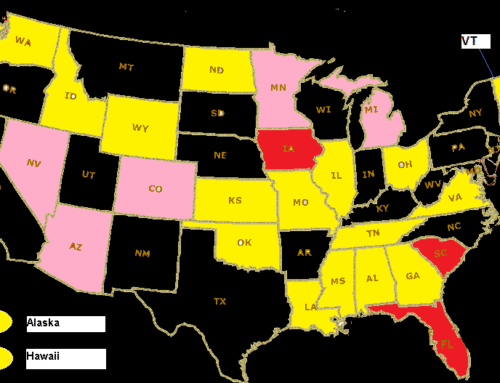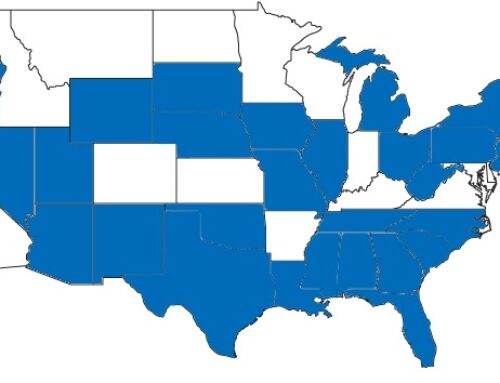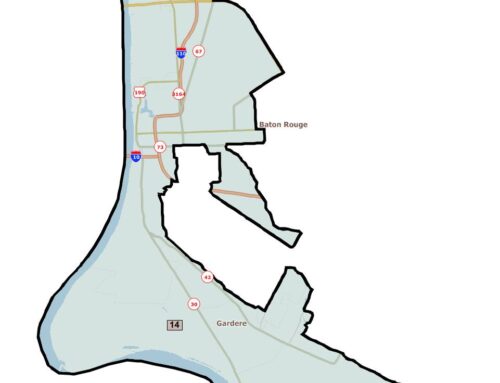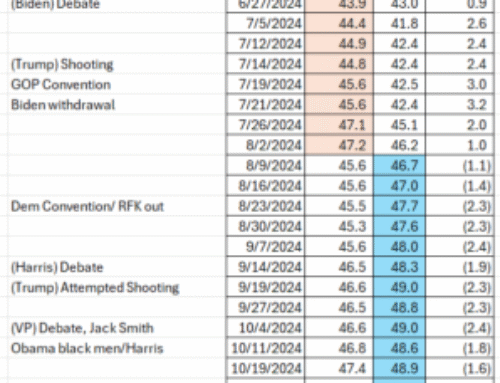Incumbent – Major Thibaut (D – Term Limited in 2019)
District Map
|
2008 President |
||
| Current District | New District | |
| John McCain (R) | 10929 (57%) | 10731 (55%) |
| Barack Obama (D) | 7843 (41%) | 8407 (43%) |
| Others | 317 (2%) | 336 (2%) |
|
2008 Senate |
||
| Current District | New District | |
| Mary Landrieu (D) | 11428 (61%) | 11948 (63%) |
| John Kennedy (R) | 6952 (37%) | 6754 (35%) |
| Others | 315 (2%) | 332 (2%) |
|
2010 Senate |
||
| Current District | New District | |
| David Vitter (R) | 6424 (50%) | 6162 (47%) |
| Charlie Melancon (D) | 5657 (44%) | 6057 (46%) |
| Others | 865 (7%) | 883 (7%) |
|
2010 Lt Governor |
||
| Current District | New District | |
| Jay Dardenne (R) | 7079 (54%) | 6826 (52%) |
| Caroline Fayard (D) | 5987 (46%) | 6401 (48%) |
Current District
The River Parishes, which stretch from the junction of the Mississippi/Atchafalaya Rivers to the outskirts of metropolitan New Orleans, are a unique combination of plantation heritage, petrochemical plants, and sugarcane farms. This mixture of agriculture and industry has made the area a populist Democratic stronghold.
House District 18 is one of several districts that are contained within the River Parishes. It is mostly located on the western side of the Mississippi River and includes Pointe Coupee Parish, most of West Baton Rouge (except for Brusly and some black neighborhoods in Port Allen), and a rural precinct in West Feliciana Parish across the river that contains the Angola Prison. It has a significant 34% black voter registration, which has not changed much throughout the last decade. This voting bloc, combined with populist white Democratic farmers, petrochemical employees, and those dependent on state and local government, keep the district in Democratic hands, although in Presidential races and some statewide races, Republicans are competitive and actually carried the district in three major elections held here in 2008 and 2010.
Even though Republicans have not yet made much headway in legislative races, this district has seen its share of competitive races over the years, and its representatives tend to get elected to other offices. From 1976 to 1992, New Roads Democrat Clyde Kimball (whose wife is the Chief Justice on the Louisiana Supreme Court) represented the area, and was easily re-elected. He retired in 1991, and Democrat Mike Russo won a hard fought runoff 53-47%. Russo only served one term: even though in his re-election race, he led in the primary against Democratic attorney Rob Marionneaux 44-42% (a Republican got 14%), Rep. Russo withdrew before the runoff. Marionneaux served one term before vacating the seat to run for the state Senate, where he served for twelve years (he was term limited this year). In the open seat race in 1999, Assistant District Attorney Don Cazayoux was elected in the first primary with 54% of the vote, and was unopposed both in 2003 and 2007. Though some wanted him to be House Speaker, opportunity knocked elsewhere: former Congressman Richard Baker resigned his seat to take a private sector job, and Rep. Cazayoux was elected to his U.S. House seat in the May 2008 special election in a 49-46% upset over conservative former state representative “Woody” Jenkins. Part of his victory was due to strong hometown support: in the precincts he represented that were in the Congressional district, Cazayoux received a solid 73-25% margin (Bill Cassidy defeated him in the fall election, and while Cazayoux still carried his old district, it was by a reduced 59-36% margin).
A special election was held to replace Cazayoux, and life insurance agent/school board member Democrat Major Thibaut defeated another Democrat in the runoff with 52% of the vote. Rep. Thibaut is allowed to serve two more terms.
New District
Reapportionment was not mot much of an issue in the River Parishes. The district was 3% under populated, and could have been left alone, but changes made to adjacent districts impacted District 18. The district picked up two precincts in northern Iberville Parish around Maringouin that were 80% black, while in West Baton Rouge, two trades were made: Addis was added to the district from District 60 (this precinct was 23% black and voted 58-38% for David Vitter), while territory along the Mississippi River between the “Old Bridge” and Brusly was given to a black majority district in Baton Rouge (these precincts were 32% black and voted 56-39% for David Vitter). These changes increased black voter registration from 34 to 36% black and, like District 60 to the south, placed the district further out of reach for Republicans. (UPDATED 9/8/2011) Though Rep. Thibaut was unopposed for re-election in 2011, it’ll be interesting to see whether Republicans attempt to compete in this district.







[…] District Map: Continue reading at http://new.winwithjmc.com/archives/3261 […]
Online Article…
[…]very few websites that happen to be detailed below, from our point of view are undoubtedly well worth checking out[…]…
Check this out…
[…] that is the end of this article. Here you’ll find some sites that we think you’ll appreciate, just click the links over[…]……
Related……
[…]just beneath, are numerous totally not related sites to ours, however, they are surely worth going over[…]……
Awesome website…
[…]the time to read or visit the content or sites we have linked to below the[…]……
Websites you should visit…
[…]below you’ll find the link to some sites that we think you should visit[…]……
Gems form the internet…
[…]very few websites that happen to be detailed below, from our point of view are undoubtedly well worth checking out[…]……
Sources…
[…]check below, are some totally unrelated websites to ours, however, they are most trustworthy sources that we use[…]……
Superb website…
[…]always a big fan of linking to bloggers that I love but don’t get a lot of link love from[…]……
Websites worth visiting…
[…]here are some links to sites that we link to because we think they are worth visiting[…]……
Check this out…
[…] that is the end of this article. Here you’ll find some sites that we think you’ll appreciate, just click the links over[…]……
Read was interesting, stay in touch……
[…]please visit the sites we follow, including this one, as it represents our picks from the web[…]……